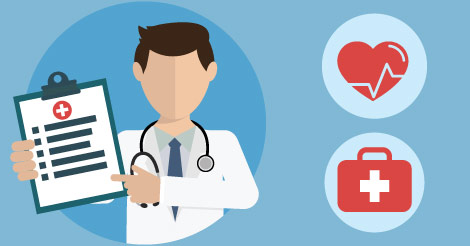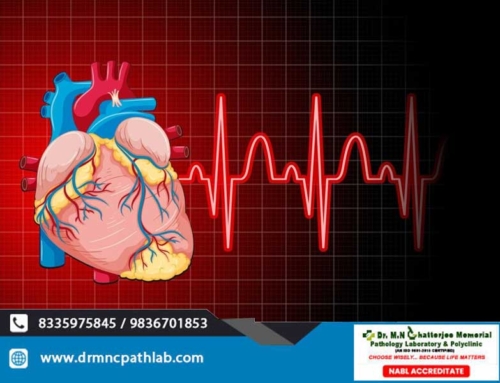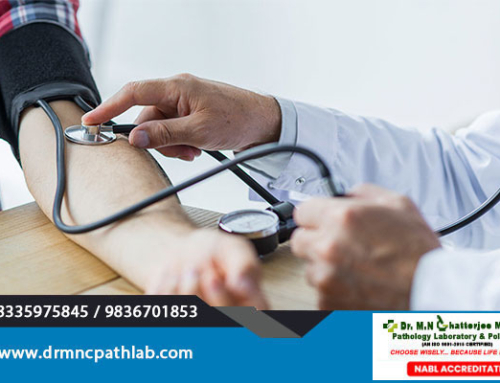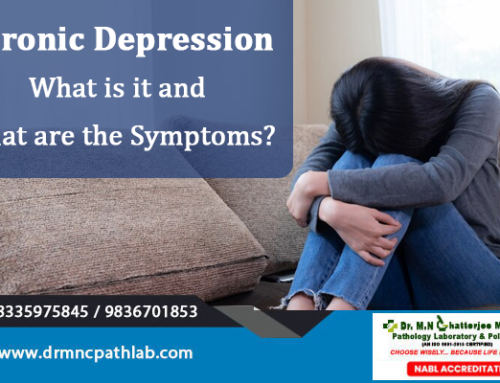Regarding certain health issues, most people have misconceptions. These health issues are just age-related according to them. People avoid getting regular health check-ups done because of these perceptions. There is a common misconception among people in the age group of 25 to 35 years that diabetes, thyroid and cholesterol are not common in this age group. The following are some common myths about health check-ups and the true facts behind them:
-
I don’t need blood tests as they are for unhealthy people. The levels are inaccurate and they don’t mean anything.
In the early stages, there are many things that may not show any symptoms. The symptoms are prominent only if you go for a diagnosis in a diagnostic center. The body behaviour can be understood and preventive care can be provided if frequent check-ups are done. Often many people think that there is nothing wrong about their lifestyle or diet even after seeing the results and believe that the results are not correct. But the fact is that the blood test results are accurate and give a clear reflection of a person’s health condition.
-
Many illnesses or conditions like diabetes, thyroid or cholesterol are for the elderly.
There is a common misconception among people in the age group of 25 to 35 years that diabetes, thyroid and cholesterol are not common in this age group. But, in the present days, people have become less immune to disease irrespective of the age factor due to changes in the living habits like sedentary lifestyle, poor dietary intake, excess office stress, etc. These conditions are being acquired by even by the younger generations.
-
Do not eat sugar one night before diabetes check-up for normal results.
Diabetes has nothing to do with the rise in blood sugar levels if you consume sweets before the test and it is a gradually developing process. If one is actually having any disturbance in the sugar levels, the test results will only indicate high glucose levels in the blood. As the risk for getting the conditions is high in people with a family history of diabetes, they must have this check-up on regular basis.
-
All diagnostic imaging methods involving radiation and X-rays are dangerous for pregnant women.
Though it is true that radiation is involved in certain imaging methods like X-ray, CT scan, catheterization and mammography, but other methods like ultrasound and MRI scans are radiation free. As the radiations can be harmful, it is advisable for pregnant women to not to undergo an abdominal scan during the first trimester when the fetal organs are still developing. But, scans can be performed in emergency conditions by taking necessary precautions. Chest X-rays can be done freely by completely protecting the abdomen with a lead apron. A quality pathology lab and practitioners will suggest the best possible ways of diagnosis depending on the situation and symptoms.
-
All radiologic diagnostics are with radiations and are dangerous for health.
The operation of all radiologic machines does not work upon the principle of radiations like MRI and ultrasound. However, as a bit of time may be consumed in these procedures, the speed of reaction is very less in cases where an instant diagnosis is required. Other equipment like X-ray machines come into picture only in such cases. To ensure patient safety and avoid unnecessary scans, the physician obeys all the rules or prefers radiation free scanning or with the least possible dose. Any organ of the body does not get affected on getting a radiologic diagnosis once in a while.






